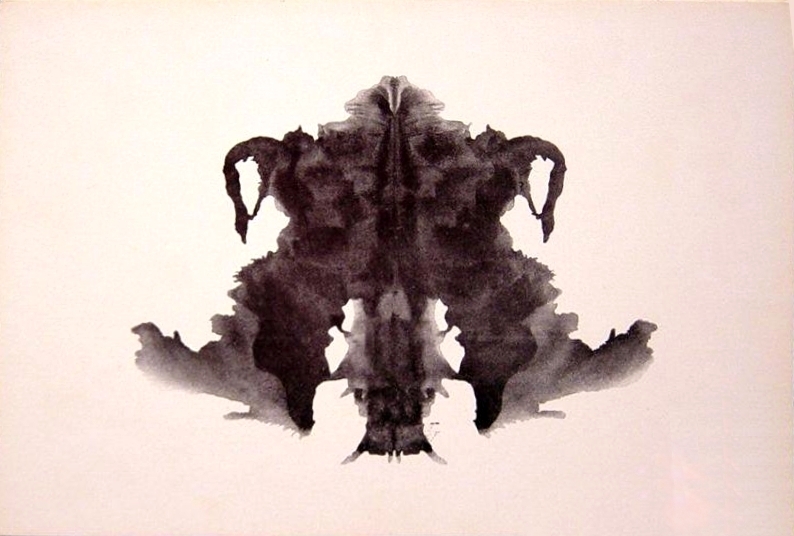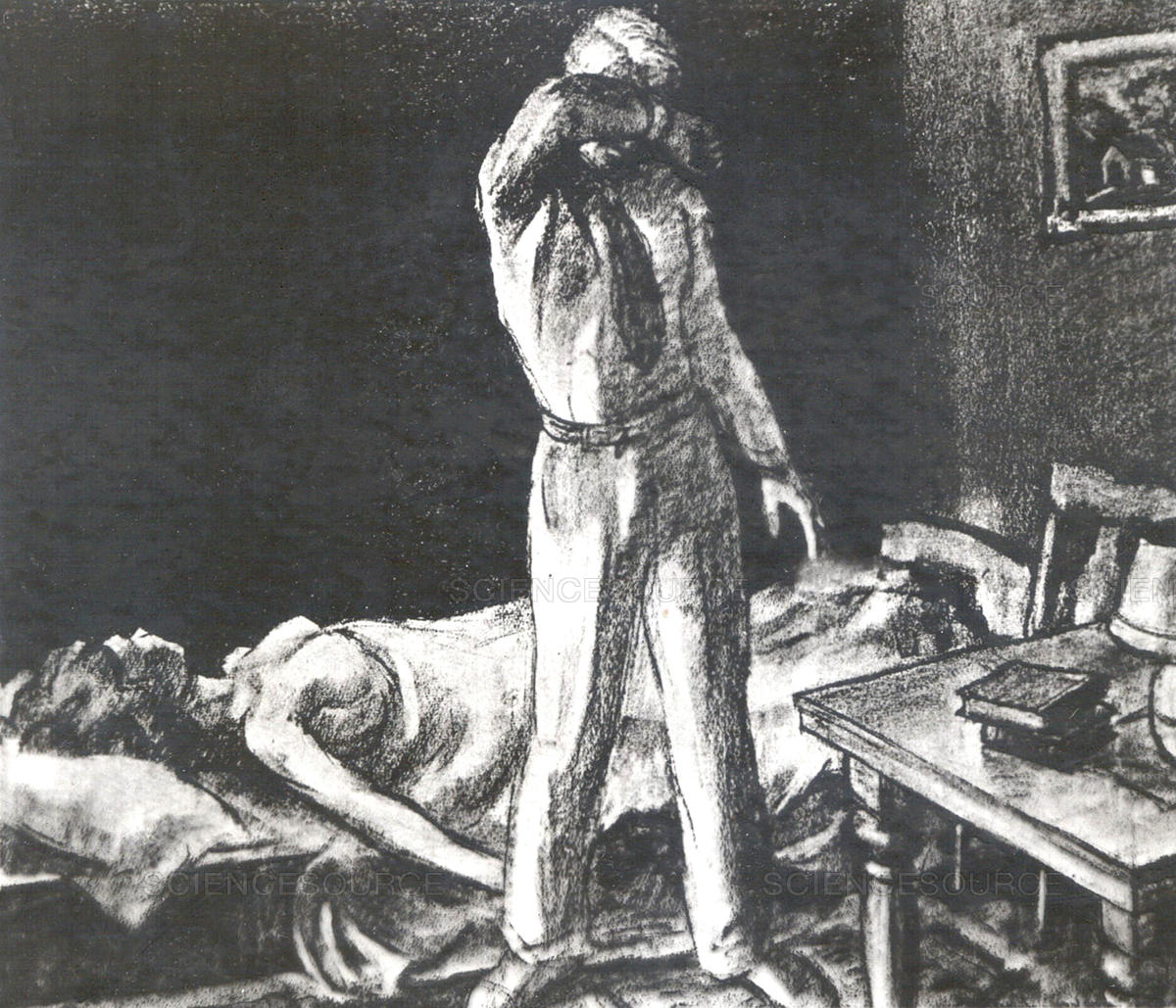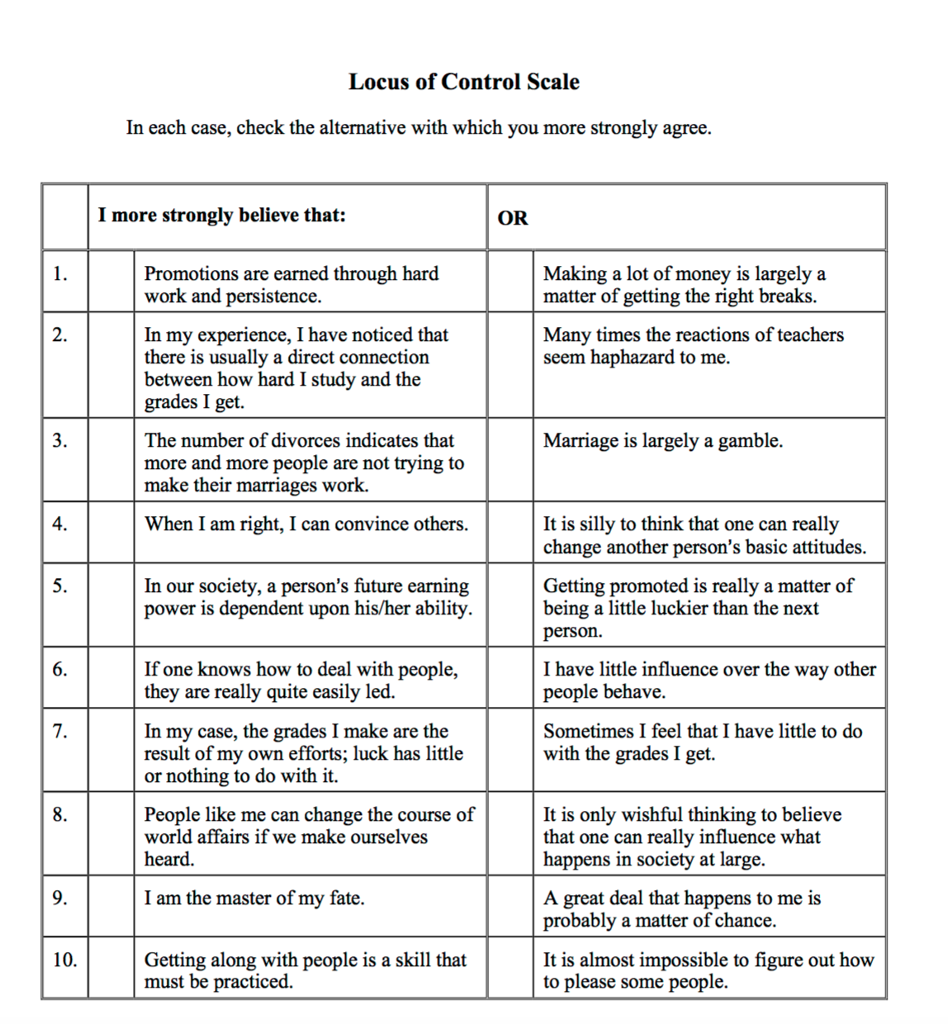Journal #3 - Personality
Alexa Madoff
Psychology - History & Systems
Professor Mark Berg
Journal Entry #3 - Chapter 11
In Chapter 11, Hunt discusses the nature and origin of personality and how psychologists view it as a distinct field of psychology. Personality can be defined as the distinctive and characteristic patterns of thought, emotion, and behavior that make up an individual's personal style of interacting with the physical and social environment. "Since traits are neither visible objects nor specific actions but personal qualities, the central problem for researchers is how to measure them" (Hunt 362). You may question how personality is measured?
These are some of the major methods listed below...
- Personal documents and histories
- Interview
- Ratings by observers
- Questionnaire
Some specific examples are shown below of how personality was measured.
One of my favorite personality tests is the Rorschach inkblots. Hermann Rorschach, a Swiss psychiatrist, created this. "He created a number of inkblots and asked patients to say what each looked like; after years of experimentation he had narrowed down the test to ten blots, some black-and-white and others colored" (Hunt 368). To give the test, the tester shows the card to the subject, asking what they think it can be or what is brought to mind...the subject then writes it down. Assumptions can be made through their interpretations and responses of the inkblots.
Moreover, some behaviorists can "see personality as nothing but a set of learned (conditioned) responses to stimuli" (Hunt 378). Julian Rotter, a psychotherapist, an experimentalist, and a behaviorist, "found that often his patients' basic attitudes toward life had been formed by critical experiences, some good and others bad" (Hunt 379). Rotter called these attitudes, "locus of control".
Although we may never know how to measure personality accurately, my personal viewpoint on personality is that is formed from a mixture of hereditary and environmental influences.
Psychology - History & Systems
Professor Mark Berg
Journal Entry #3 - Chapter 11
In Chapter 11, Hunt discusses the nature and origin of personality and how psychologists view it as a distinct field of psychology. Personality can be defined as the distinctive and characteristic patterns of thought, emotion, and behavior that make up an individual's personal style of interacting with the physical and social environment. "Since traits are neither visible objects nor specific actions but personal qualities, the central problem for researchers is how to measure them" (Hunt 362). You may question how personality is measured?
These are some of the major methods listed below...
- Personal documents and histories
- Interview
- Ratings by observers
- Questionnaire
Some specific examples are shown below of how personality was measured.
 |
| RORSCHACH INKBLOT |
 |
| THEMATIC APPERCEPTION TEST |
| WOODWORTH PERSONAL DATA SHEET |
 |
 |
| "People who score high on external locus of control tend to attribute their successes and failures to fate, luck, or the power of other people; people who score high on internal locus of control attribute their successes and failures to their own intelligence, hard work, or other personal traits" (Hunt 381). |
Hi Alexa! I think this was one of my favorite chapters we read because personality is talked about in any psychology class you take and the different ways they can measure personality. I found it interesting how they broke down the different tests and how many different ways there are to measure personality. I think your post gave a well rounded summary of this chapter and helped pull everything together!
ReplyDelete